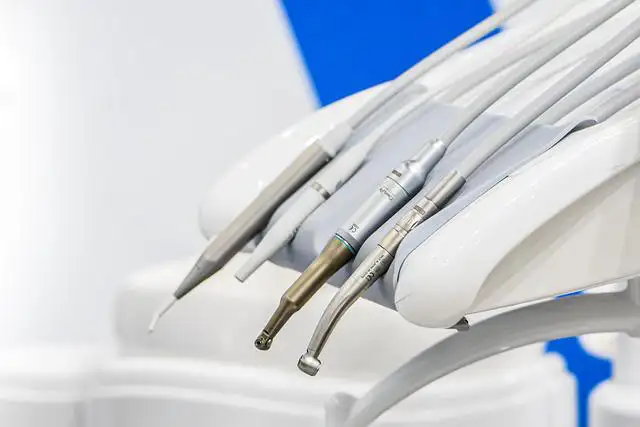For many individuals missing teeth, dental implants offer a life-changing solution. These surgically implanted titanium posts act as artificial tooth roots, providing a stable foundation for crowns, bridges, or dentures. But with any medical procedure, the question of safety naturally arises. This article aims to provide a comprehensive understanding of the safety of dental implants, addressing concerns and guiding you towards an informed decision.
Safety Profile of Dental Implants:
The success rate of dental implants is remarkably high, with studies reporting long-term success rates exceeding 95%. This success can be attributed to several factors:
Biocompatible materials: Dental implants are primarily made of titanium, a highly biocompatible metal that readily integrates with bone tissue. This minimizes the risk of rejection or allergic reactions.
Advanced surgical techniques: Implant placement involves precise surgical procedures performed by qualified dentists or oral surgeons. These techniques ensure proper placement and minimize potential complications.
Long-term research and development: Dental implants have been researched and refined for over 50 years, leading to continuous improvements in materials, techniques, and overall success.
Potential Risks and Complications:
While rare, certain risks and complications can occur with dental implant surgery. These include:
Infection: Proper oral hygiene and antibiotic use following surgery can significantly reduce the risk of infection.
Bleeding and swelling: These are common aftereffects of surgery and usually subside within a few days.
Nerve damage: Although uncommon, implant placement near nerves can cause temporary or permanent numbness.
Sinus perforation: This can occur during implant placement in the upper jaw, but qualified surgeons can usually manage it effectively.
Implant failure: This can happen due to various factors like bone quality, infection, or overloading the implant.
Minimizing the Risk of Complications:
Several factors can influence the success of your implant treatment and minimize the risk of complications:
Choosing a qualified dentist: Opt for an experienced and qualified dentist with expertise in implant placement.
Good oral health: Maintaining good oral hygiene before and after surgery is crucial for optimal healing.
Medical conditions: Inform your dentist about any existing medical conditions, as some may require special considerations.
Smoking cessation: Smoking can negatively affect healing and increase the risk of complications.
Alternative Options to Dental Implants:
While dental implants offer numerous advantages, they might not be the best option for everyone. Some alternative solutions, depending on your individual situation, include:
Traditional bridges: These rely on neighboring teeth for support and are less invasive than implants.
Dentures: They offer a removable option for replacing multiple missing teeth, although they may not provide the same level of stability as implants.
Partial dentures: These combine fixed bridges with removable dentures for a more stable and natural-looking solution.

